January 19, 2025 | 04:22 GMT +7
January 19, 2025 | 04:22 GMT +7
Hotline: 0913.378.918
January 19, 2025 | 04:22 GMT +7
Hotline: 0913.378.918
Agricultural pesticides leach far from their original sources into the world’s waterways, according to new research which finds pesticides exceed safe levels in 13,000km of rivers globally.
Analysing 92 of the most common agricultural pesticides, scientists have estimated that 710 tonnes of pesticide active ingredients leach into the world’s oceans each year.
The study, involving Australian scientists and the Food and Agriculture Organization of the UN, also identified pesticide hotspots around the globe.
The research found that the rivers with the highest exposure to land pesticides “are located in central and western United States (Mississippi and Sacramento), Argentina (Parana), India (Ganges), East China (Yangtze, Pearl and Yellow (Huang He) River) and South East Asia (Irrawaddy and lower Mekong)”.
“Rivers in Europe received an intermediate pesticide yield from land with hotspots along the Po and Danube.”
The calculations were made based on estimates of annual pesticide use in 144 major water catchment areas, amounting to 940,000 tonnes. About 3m tonnes of agricultural pesticides are used globally each year.
The research identified that 82% of pesticides degraded into other molecules while 10% remained as residues in the soil. Another 7.2%, about 68,000 tonnes, leached into aquifers – rocks or sediment that hold groundwater.
“In many observed cases pesticide active substances may degrade into a cascade of daughter substances which can be as toxic as the parent and occasionally even more persistent [in the environment],” the scientists noted.
The researchers estimated that 730 tonnes wound up in river systems each year, of which 710 tonnes made it to the world’s oceans.
The latter figure comprised only a tiny fraction – less than 0.1% – of the agricultural pesticides used in the studied catchments.
“Although this amount is less than 0.1% of net inputs, it is a cause of decreased species richness of stream invertebrates with little known consequences on near-coast ecosystems,” the researchers noted.
The study’s lead author, associate professor Federico Maggi of the University of Sydney, said even small amounts resulted in concentrations above safety limits.
Along more than 13,000km of rivers, pesticide levels exceeded a safety threshold of 1 microgram per litre, with what the researchers say has poorly understood impacts on aquatic ecosystems.
“It is not the pesticide use only that is important,” Maggi said. “What is important is the load – that is, the applied mass and toxicity of individual active ingredients.”
Dr Francesco Tubiello, a study co-author and senior environmental statistician at the Food and Agriculture Organization of the UN, said in a statement: “We must urgently adopt sustainable management strategies to promote reductions in field applications of harmful pesticides and set in place systems to effectively monitor their use under the 2030 Sustainable Development Agenda.”
The study is published in the journal Nature.
(The Guardian)
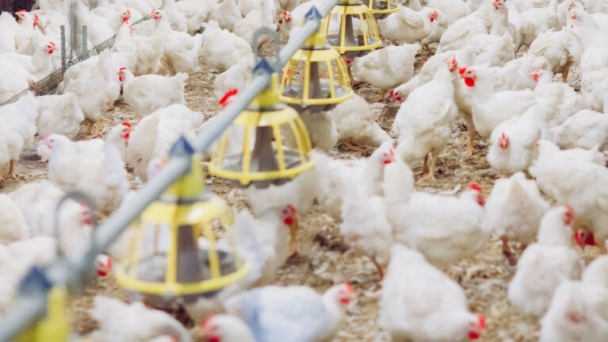
(VAN) Updated ammonia emission factors for UK poultry and pig producers have been introduced by the Environment Agency.
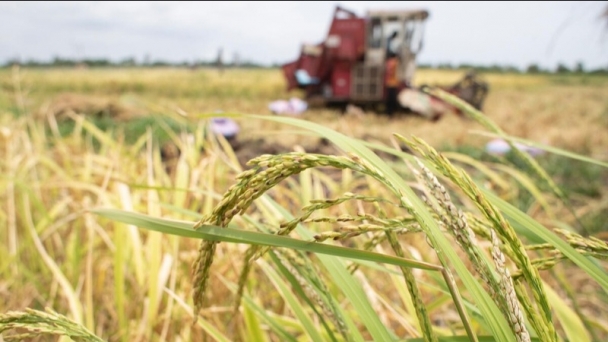
(VAN) The Food Systems Countdown Initiative report identifies governance and resilience as pivotal leverage points for food system transformation.
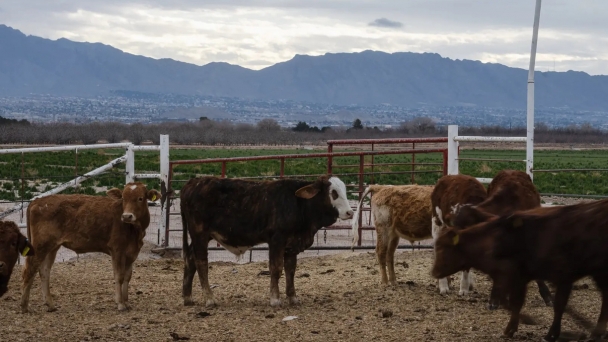
(VAN) Since cattle imports were cut off in November, Texas Agriculture Commissioner Sid Miller and some ranchers worry about the ban’s economic impact on beef producers and consumers.
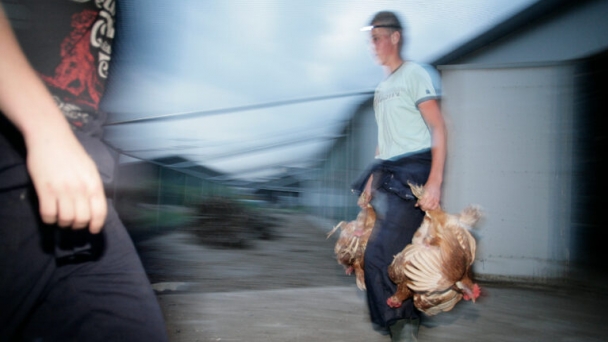
(VAN) In the poultry industry, before transport to the slaughterhouse, chickens in Belgium are often caught in a painful manner – by the legs – and put into crats.
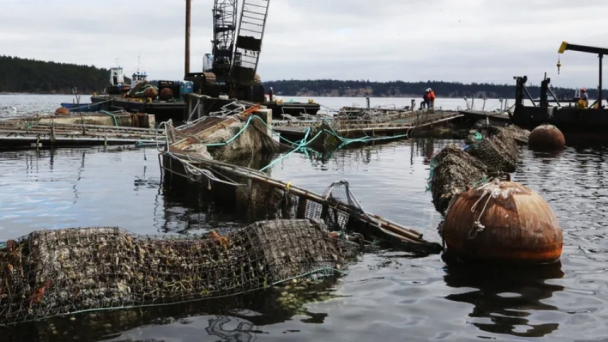
(VAN) Commercial net-pen aquaculture is history in Washington.
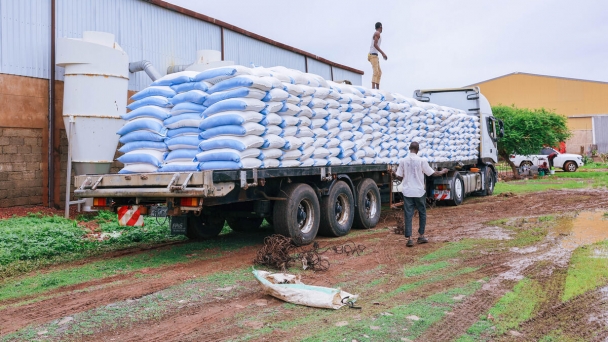
(VAN) FAO Deputy Director-General Beth Bechdol briefs the UN Security Council on Sudan’s food crisis.

(VAN) As consumers continue to rely on poultry protein, broiler welfare has become a top interest alongside dependable product quality.